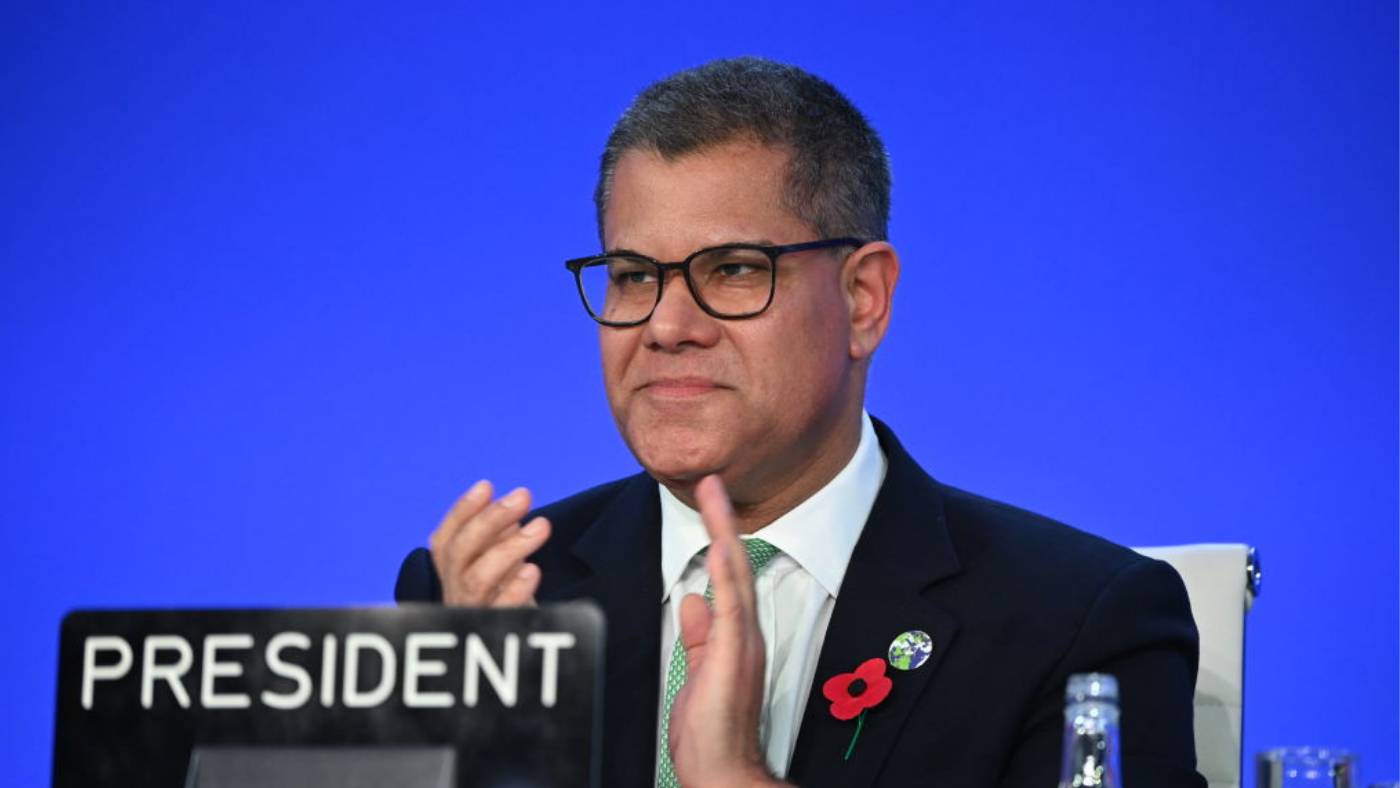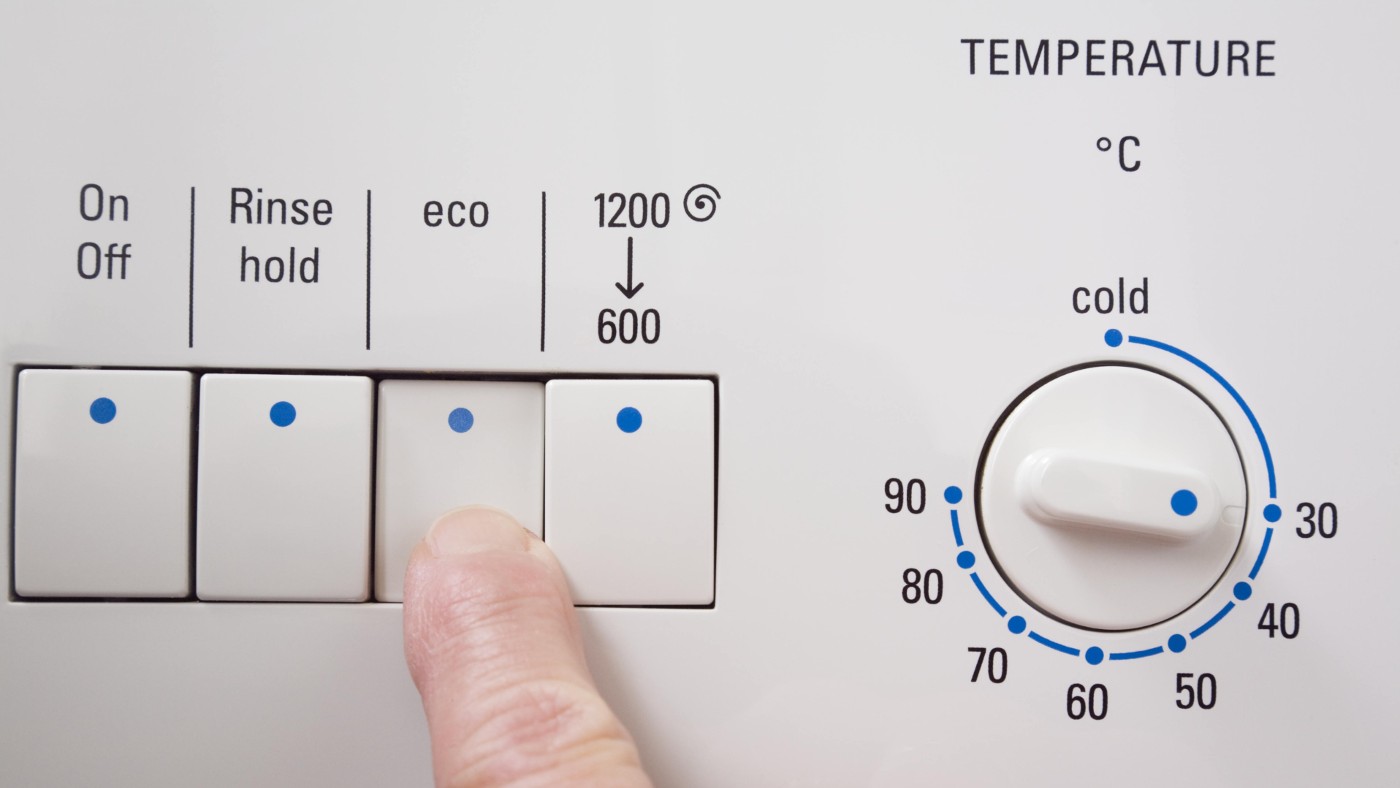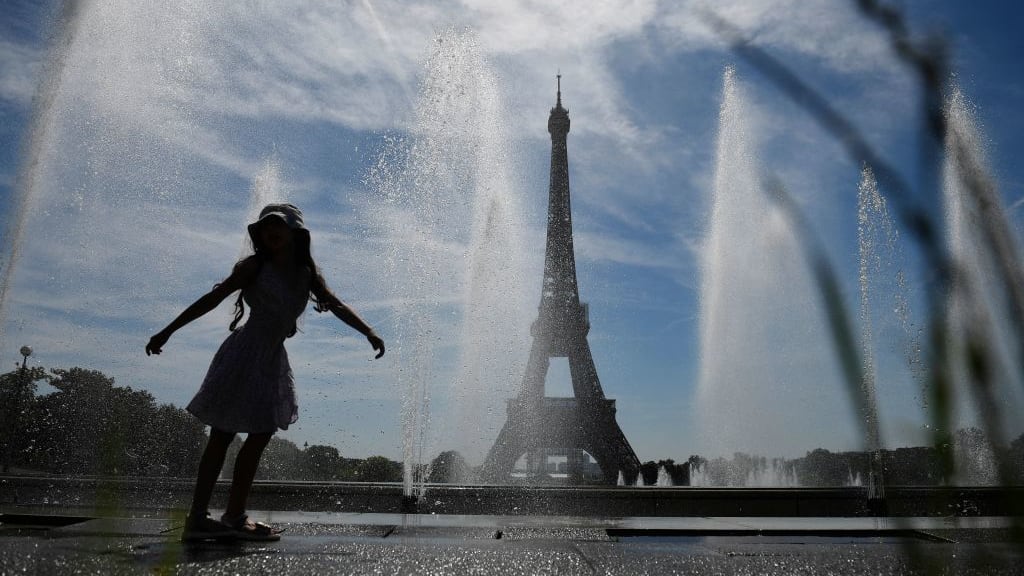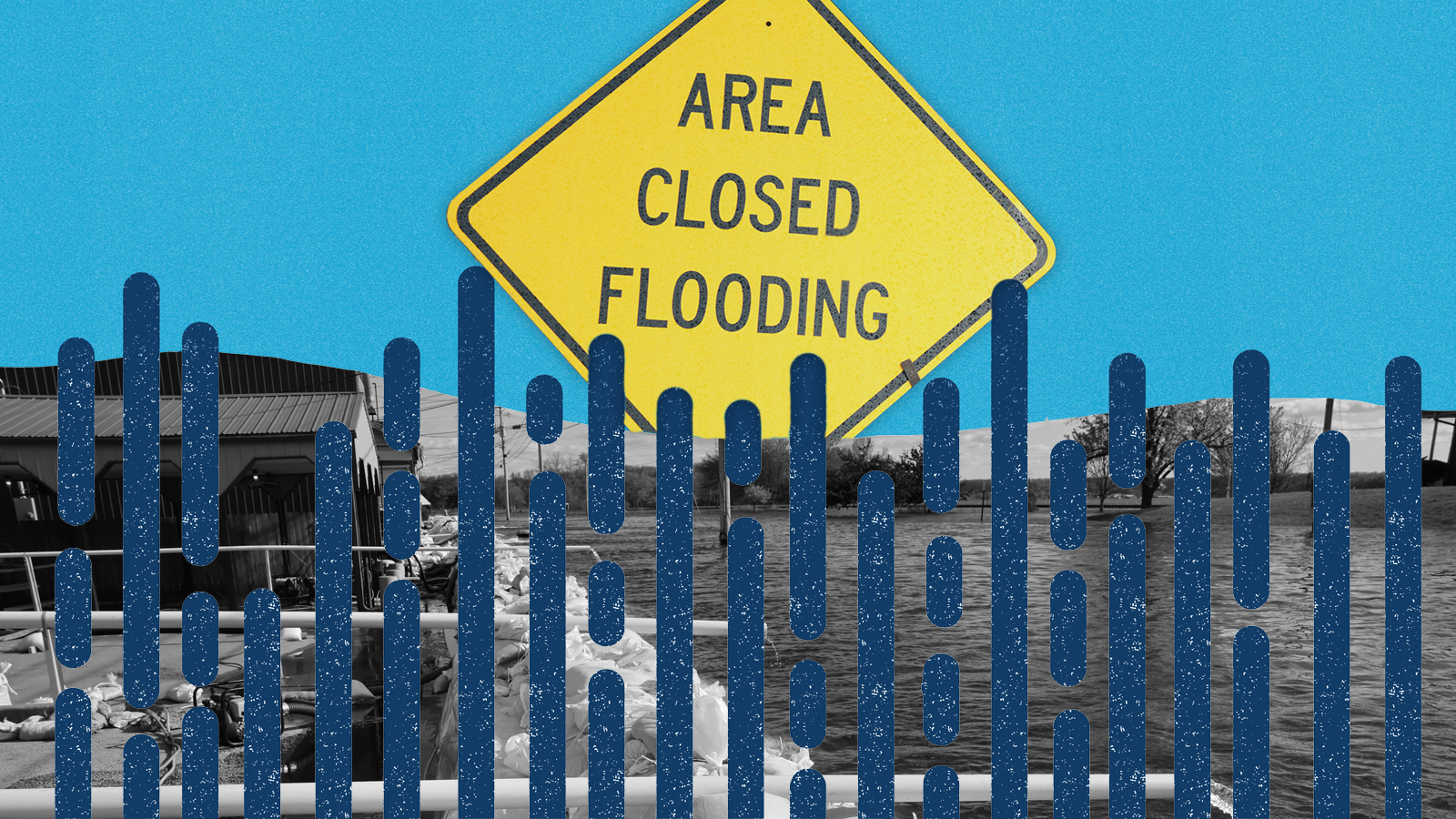‘Cop26 was not a waste of time and energy’
Your digest of analysis from the British and international press

- 1. The disappointment over Cop26 is understandable - but there is hope
- 2. Shifting polls prove Boris Johnson can’t afford to get complacent
- 3. The oldest asset class of all still dominates modern wealth
- 4. A four day working week might sound like a radical idea, but so did weekends at first
- 5. Lady Gaga, be warned - method acting may bag you an Oscar, but where does it end?
A free daily email with the biggest news stories of the day – and the best features from TheWeek.com
You are now subscribed
Your newsletter sign-up was successful
1. The disappointment over Cop26 is understandable - but there is hope
Hamish McRae for The Independent
on agreeable achievements
The Cop26 deal “will be picked over in the coming weeks”, said Hamish McRae at The Independent. But history has shown that when it comes to climate summits, “what happens in the following year is more important than the wording of the communique at the end of the meeting”. Some achievements can already be noted. “To have India and China onside” in phasing down the use of coal “is a massive advance”, writes McRae. So too is the “wall of commercial money” that will be used to back new technologies, and the boost Glasgow has given to environment, social and governance (ESG) investing in global markets. It’s also important that young people are pushing for a greener economy, given they “will set the pace” on ensuring goods and services are produced adhering to best environmental practice in the coming years, McRae continues. “Cop26 could have gone further,” he concedes, but “there was real progress”. “Clearly it was not a waste of time and energy.”
The Week
Escape your echo chamber. Get the facts behind the news, plus analysis from multiple perspectives.

Sign up for The Week's Free Newsletters
From our morning news briefing to a weekly Good News Newsletter, get the best of The Week delivered directly to your inbox.
From our morning news briefing to a weekly Good News Newsletter, get the best of The Week delivered directly to your inbox.
2. Shifting polls prove Boris Johnson can’t afford to get complacent
Ben Page for The Telegraph
on a popularity contest
“Anger, frustration and a tiny bit of envy” may sum up the public’s feelings towards ministers at the moment, says Ben Page in The Telegraph. Tory sleaze has had “an immediate impact in the polls”, but “don’t read too much into the headline numbers”. Conservative support has been declining for months, says Page, who is chief executive of polling company Ipsos MORI, and “this level of support is by no means bad” for a mid-term government. But what’s more important is Boris Johnson’s personal approval ratings. “He is no longer more popular than his party”, but “he may not worry too much, yet” given Keir Starmer is facing a similarly low level of support from Labour voters. “So far, there is nothing in this latest scandal to suggest the outcome of the next election is anything other than another Conservative win”, says Page. But “Mr Johnson might benefit from being a little more paranoid”.
A free daily email with the biggest news stories of the day – and the best features from TheWeek.com
3. The oldest asset class of all still dominates modern wealth
Rana Foroohar at the Financial Times
on investment indicators
A recent study by the McKinsey Global Institute found two-thirds of net worth is stored in residential, corporate and government property, as well as land. “For all the talk of digitalisation, it seems that bricks and mortar are the new bricks and mortar,” says Rana Foroohar in the Financial Times. On average, house prices have tripled across the ten countries the study investigated. “The ramifications are troubling” as wealth and growth have become “completely disconnected”. “For all the talk of blockchain, cryptocurrency and big data, it’s rather amazing that most 21st-century wealth still lives in the oldest asset class of all,” writes Foroohar. Low interest rates haven’t done much for business investment, but “more encouragingly” the government’s post-pandemic spending programmes “present a new opportunity to try and push money into more productive sectors”. It’s clear that “affordable housing is the most pressing economic issue of the moment”, she continues. “Only by fixing housing can we rebalance our global ledger.”
4. A four day working week might sound like a radical idea, but so did weekends at first
Yomi Adegoke for i news
on an effective balance
“One of the many lessons of this pandemic is that the way we worked before wasn’t working,” writes Yomi Adegoke for the i news site. “The tightrope that is work life balance has been brought to the fore” and the feasibility of flexible remote working has been proven. The speed at which it became the norm “surely bolsters the case for the four day working week”. Support for the idea has become increasingly mainstream, and “it makes sense to strike whilst the iron is hot”, she continues. Countries like Iceland and New Zealand have already seen spikes in productivity, and benefits for mental health. “Waves are being made in the UK” with some trials of a three-day weekend finding “remarkable” performance results. “The retention of earnings is key” and the conversation is “even more relevant” after Cop26. Any real change seems radical when first presented; “not even a hundred years ago, the five-day workweek and a two-day weekend were looked at with the same wariness”.
5. Lady Gaga, be warned - method acting may bag you an Oscar, but where does it end?
Rebecca Root for The Guardian
on becoming the part
Like Dustin Hoffman, Sylvester Stallone and Nicolas Cage before her, Lady Gaga appears to fall on the side of actors that favour “method” to “not method”, writes actor Rebecca Root for The Guardian. Lady Gaga’s approach to playing Patrizia Reggiani in Ridley Scott’s House of Gucci “was a process of ‘becoming’ rather than an ‘imitation’”, and she said that she stayed in character for a year and a half. “Film and television history is filled with stories of actors taking the method to extremes”, and while “authenticity delights audiences”, “where does it end”, asks Root: “if you’re playing Macbeth, must you commit regicide?” Clearly, method acting works, and “for many who adhere to it, glory at the Oscars seems inevitable”. In fact, it produces “such endlessly startling award-winning results”, this writer is tempted to try it herself.
-
 How the FCC’s ‘equal time’ rule works
How the FCC’s ‘equal time’ rule worksIn the Spotlight The law is at the heart of the Colbert-CBS conflict
-
 What is the endgame in the DHS shutdown?
What is the endgame in the DHS shutdown?Today’s Big Question Democrats want to rein in ICE’s immigration crackdown
-
 ‘Poor time management isn’t just an inconvenience’
‘Poor time management isn’t just an inconvenience’Instant Opinion Opinion, comment and editorials of the day
-
 Woman accidentally puts nan in washing machine
Woman accidentally puts nan in washing machineTall Tales And other stories from the stranger side of life
-
 Bangladesh dealing with worst dengue fever outbreak on record
Bangladesh dealing with worst dengue fever outbreak on recordSpeed Read
-
 Glacial outburst flooding in Juneau destroys homes
Glacial outburst flooding in Juneau destroys homesSpeed Read
-
 John Kerry in Beijing: how red China is turning green
John Kerry in Beijing: how red China is turning greenfeature Climate talks set to resume between Washington and Beijing this week
-
 Study: Nearly 62,000 people died in 2022 European heatwave
Study: Nearly 62,000 people died in 2022 European heatwaveSpeed Read
-
 Arizona limits construction in Phoenix area amid groundwater shortage
Arizona limits construction in Phoenix area amid groundwater shortageSpeed Read
-
 How bad are this year's Mississippi River floods?
How bad are this year's Mississippi River floods?Speed Read "Everybody's plan along the river has been put to the test"
-
 What is OPEC and how does it affect oil prices?
What is OPEC and how does it affect oil prices?Speed Read Everything you need to know about the influential organization and its rocky relationship with the United States